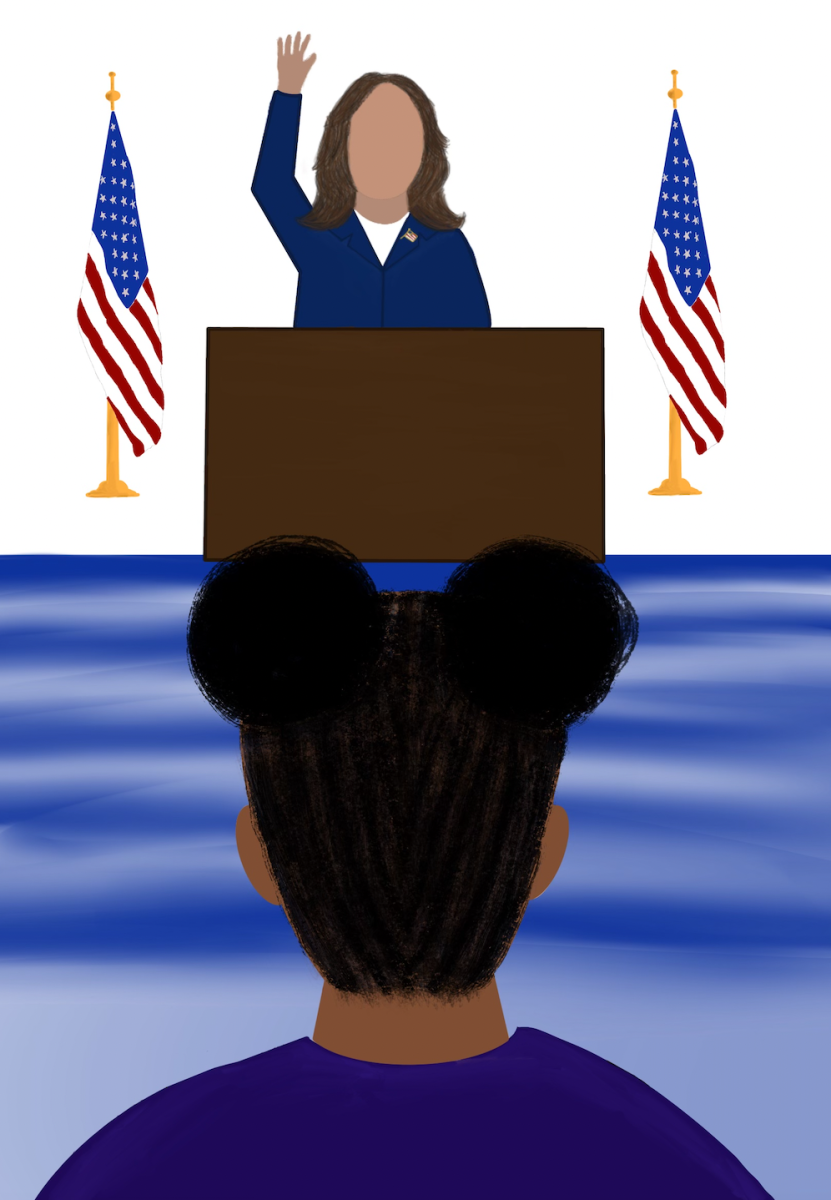High school English courses offer the opportunity to read various novels to help students better understand many perspectives. These classic novels stimulate emotions, test different beliefs and broaden readers’ perceptions. With the vast diversity of books, choosing the right fit for the class is difficult, as different students will have their own unique experiences with books. This topic is discussed during department staff meetings, when a list of books assigned to each class is created. Books that should not be on the list are discussed as well. However, the difficult part is to decipher whether some books should be considered renowned “classics” or simply outdated and ill-suited for today’s generation.
Many English teachers have noticed that students’ attention spans have decreased over the years, making it much harder for students to finish a book and participate in group discussions. Sophomore English teacher, Carolyn Dahlman, discusses the effects on reading that COVID-19 has had on students involving participation.
“I think that how, and what, we teach along with how much we read has changed since COVID-19. Before COVID-19, many reading habits required homework. I think a lot of us [English teachers] are shifting into more reading during class,” Dahlman said.
Some students may find the books to be beneficial and engaging to read, while others may not connect or relate. Numerous different learning styles and preferences contribute to whether or not a student enjoys and connects with a novel. Recently, some teachers have decided to cut down the amount of books that will be read throughout the year.
“In my first year teaching here 11 years ago, we read seven books and plays. A lot of reading was happening at home. Now this year it will be five, ” Dahlman said.
Keeping students engaged is the key to having a successful teaching outcome. When more class time is given to focus on the reading, some teachers have seen better results in engagement.
“There has been more success with students reading the book all the way through when there’s time given in class to read,” Dahlman said.
English teacher Fiona Allan likes to start her classes off with books from various viewpoints, time periods and geographic locations.
“From origin to gender to topic matter, I try to have a topic for everybody,” Allan said.
Some books that have been read in Allan’s class this year have been “The Curious Incident of a Dog in the Nighttime,” “Funny in Farsi,” “The Odyssey” and “The Hate You Give.” Other contenders to finish the school year in her class are “Maus” and the works of Shakespeare, “Romeo and Juliet”. However, “The Alchemist,” another book read in this class, has been discussed many times regarding a drop in student interest.
“I do reflections with my students at the end of the year, [and over] the last few years, [“The Alchemist”] was a book that they just felt didn’t seem interesting in the same way that some of the others did…[so] we [the English teachers] discontinued [“The Alchemist”],” Allan said.

“The Alchemist” was discontinued because it was considered outdated and not relevant to the freshman English curriculum, which was evident in the students’ lowered engagement levels. There can be many factors that contribute to calling a book “outdated.” The idea of prioritizing the book as a must-read is sometimes the best option. The book might not grab a ton of attention from students in the beginning, but its overall effects may create a stronger outcome than if it wasn’t read at all. Some teachers may notice that a certain book has not been given attention, but having read the book, these teachers think it’s essential for students to read.
“Students do struggle with books like ‘The Odyssey’ because the narrative is so far removed from the present day that they struggle to connect initially. There are things that we do with a text that although might not be as fun as some of the other things we do, I feel like it’s impactful for students,” Allan said.
While it may be true that not all students prefer to read in class and engage in certain books, teachers frequently find it increasingly challenging to discuss what books are appropriate for which classes. It would not make sense for teachers to decide what works for half of the class, and not everyone as a whole. By addressing the students’ overall learning process and participation, selections of relatable books need to be made so there is engagement throughout.









